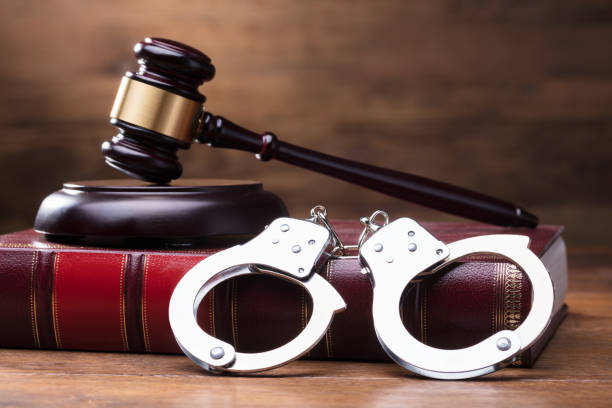editor@juralmedia
In recent days, an important development has gained traction within the corridors of parliament – the introduction of a proposed amendment to the Magistrates Courts Act that aims to eliminate private prosecution powers. This move has been touted as a measure to uphold the constitutional right to a fair trial, citing concerns about the integrity of preliminary inquiries conducted by magistrates and local authorities. However, a closer examination of the matter reveals a nuanced debate that demands careful consideration.
Proponents of the proposed amendment contend that the existing provision granting private prosecution powers undermines the fundamental principle of a fair trial. Their argument hinges on the idea that the preliminary inquiries, which precede the formal charging of the accused, might lack the depth of investigation and substantial evidence required to sustain a criminal case. The fear is that this process could lead to unwarranted arrests and prolonged cases that erode the rights of the accused.
It is worth acknowledging that concerns about the potential misuse of private prosecution are not unfounded. The possibility of personal vendettas or ulterior motives behind private prosecutions raises valid apprehensions. However, it’s essential to remember that the justice system is built on checks and balances. Courts possess the authority to scrutinize cases thoroughly, ensuring that evidence meets the high standard of proof required in criminal trials – beyond reasonable doubt.
Comparing the role of magistrates in preliminary inquiries with the actions of the police reveals an intriguing contrast. While the police can arrest individuals based on suspicions and then keep cases adjourned pending investigations, the proposed abolition of private prosecution powers aims to address a different aspect of the justice process. It focuses on the initiation of cases by private individuals or entities and the role magistrates play in those preliminary stages.
One cannot overlook the significance of private prosecutions in countries like Uganda, where corruption has persistently plagued the system. These private prosecutions can be seen as a ray of hope for those who have felt ignored by official channels. They represent an avenue for justice when the police fail to heed complaints. To strip away this option might silence the voices of those who rely on this path to find recourse.
Moreover, private prosecutions can serve as a crucial check on the government’s power and a safeguard against potential abuse or corruption within the justice system. They offer an alternative route for justice-seeking when government prosecutors might be unwilling or unable to pursue certain cases. In a society grappling with corruption, this alternative pathway is not just a convenience but a necessity.
The existing legal framework does provide a safety net against the abuse of private prosecutions. The Director of Public Prosecutions (DPP) possesses the authority to take over cases initiated by private prosecutors, ensuring that unfounded accusations are curtailed. This shows that while private prosecutions have their merits, the system maintains a level of control to prevent misuse.
The proposed amendment should be approached with caution, considering both its intended purpose and its potential consequences. While concerns about potential misuse are valid, the complete abolition of private prosecution powers might stifle a valuable mechanism for justice and accountability. The key lies in striking the right balance – preserving the avenue while strengthening safeguards to prevent abuse.
As parliament explores this amendment, it is paramount to remember that the justice system is a complex tapestry woven with multiple threads. Each thread, including private prosecutions, has its role in maintaining the fabric of fairness and accountability. To untangle one thread without considering the broader implications could lead to unintended consequences that might undermine the very principles we seek to protect.















